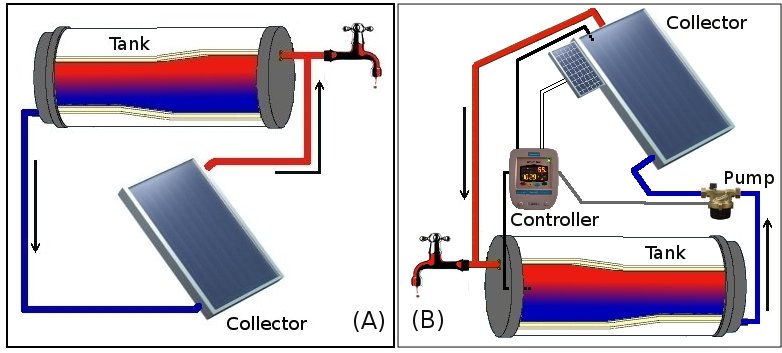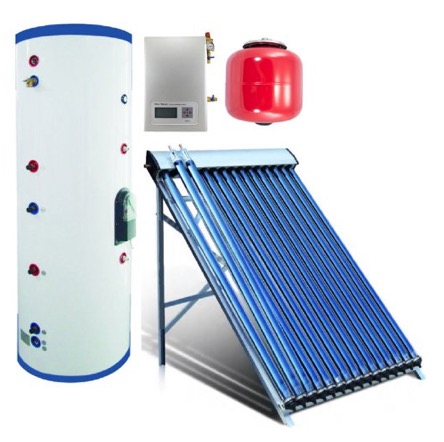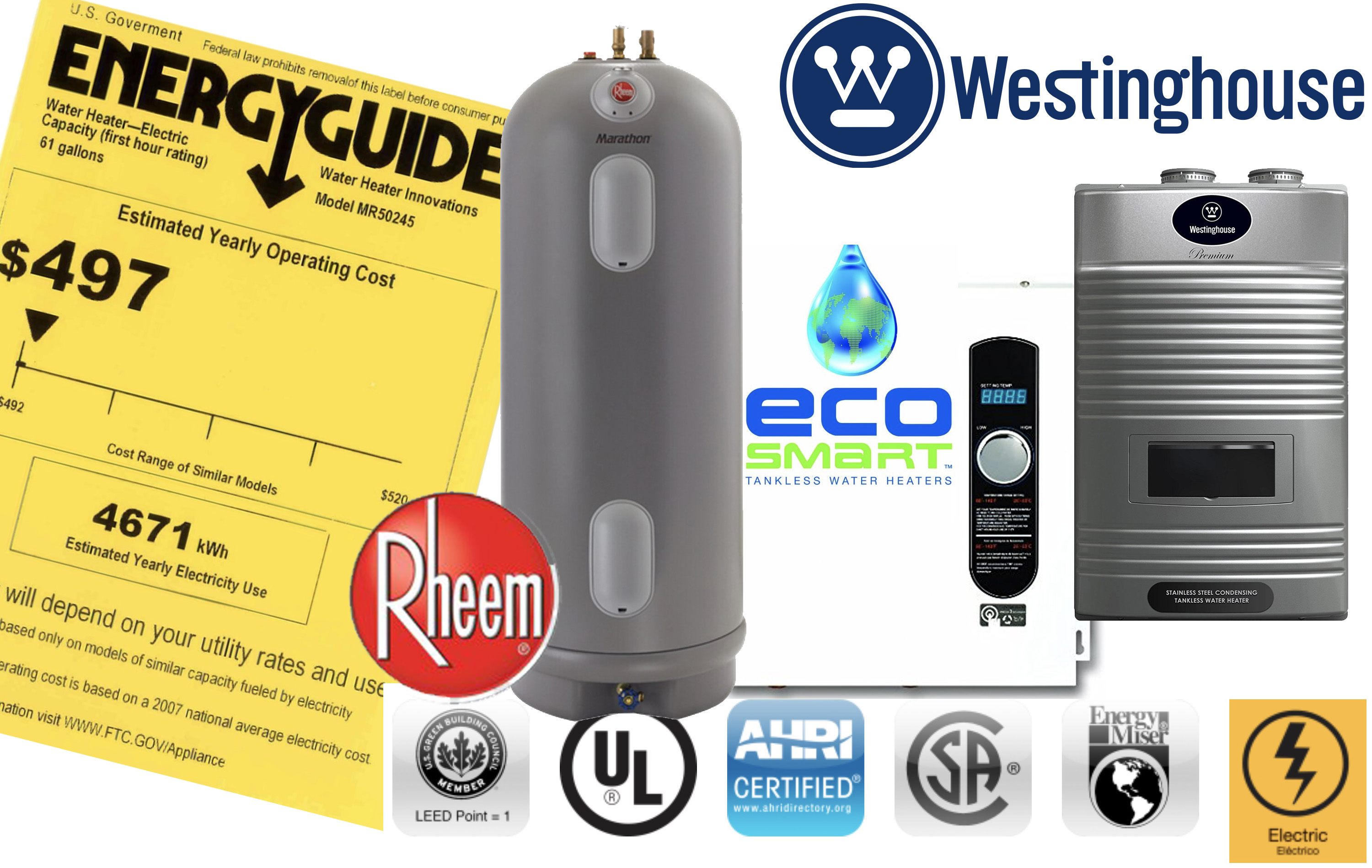Water heaters are common household appliances. Back then, electricity and gases are the only accessible sources of heating power for such devices. But now, as humanity starts to tap into the potential of solar energy, solar-powered water heaters are no longer a possibility, but rather, a reality.
Solar water heaters are fairly new in this industry, so expect there to be only a model or two per manufacturer. However, because there are dozens, probably hundreds, of water heater brands out there, the variety is still fairly extensive. If you’re unfamiliar with such product, then worry not, the information below will help you decide better.
Why go for solar?
Before you get to decide what makes a particular brand good, it would be better if you first determine your reason for going solar. In order to do that, you need to know the benefits you can get from a solar water heater compared to that of the conventional kind.
So, what do you get from choosing this heater build over the other? Well, the simplest answer to this is: to save energy. By opting for solar, it’s possible for you to cut your annual energy cost around 40% to 50%. Do keep in mind that such figures are only estimates supported by gathered statistics and that your total savings will still depend on several variables.
For solar water heaters, factors like storage tank and collector sizes, usual sunlight exposure of your location, and most importantly, your hot water demand, will all influence how much is shaved off from your annual energy charges. Normally, a common solar heater will yield energy ranging from 1500 to 3000 kWh, yearly.
Although not directly aimed at you, another benefit that solar provides is contributing to lesser CO2 production. Yes, not only will you be saving money, but you’ll be saving mother earth as well. Although you alone won’t make an obvious impact, together with the other solar users, a huge difference can be made.
How does a solar water heater work?

Direct systems: (A) Passive CHS system with tank above collector. (B) Active system with pump and controller driven by a photovoltaic panel. (source: Wikipedia)
The method in which this product is able to deliver hot water involves a sophisticated process, one that would require in-depth knowledge of related subjects. So, for the sake of simplicity, the following explanation on how this type of heater works will be brief and concise. Although if you want to learn more, you can always do your own research.
A typical solar water heater will consist of the following: a solar collector, a circulating pump, a heat exchanger, and one or two tanks for storage. The former is what collects the sunlight, which it then traps and converts into heat. As such, it will typically be mounted on an area that has the most exposure to the sun in order to maximize the effect, commonly the roof.
The stored heat energy is then transferred to the water storage tank to heat up the water. However, there is also another solar water heater builds that already pumps heated water from the collector towards the storage tanks. The tanks are also well-insulated so the amassed hot water remains as is until you need it.
Will solar water heater work for me?
Almost any household can make use of this type of device. However, having an existing water heater system is ideal before taking on the power of solar. The reason for this is for you to always have a backup during worse case scenarios.
Particular brands will also have mechanisms to prevent freezing. So, even when your area’s temperature can get below zero, you’ll still have options. The same goes for hotter environments since almost all solar heater units also have systems in place to prevent potential overheats.
Contrary to other people’s belief, a solar water heater won’t cause any drastic changes in your house’s appearance. The most it can do is add a bit of layer on your roof, due to the solar collector. But, if installed properly, it may even augment your house’s overall look.
Some countries are very far with the use of solar-powered water heaters, while other countries are barely advertising and/or subsidizing them.
What to look for when choosing a solar water heater
Generally, dealers will guide you through all the necessary details you need in order to pick out a unit that is perfect for your specific needs. Such needs may vary from your family size, location, normal hot water usage, and etc.
However, it would be in your best interest to familiarize yourself with the various aspects you need to consider prior to buying such product. Or, before you consult a dealer because by then you’ll probably already have the advantage of knowing what appropriate questions to ask.
Factors to consider:
-
Weather Protection
If you live in a mild-weathered neighborhood, one that doesn’t experience too much heat nor extreme coldness, then this won’t be much of a factor in your decision. But, if you live in a region where things can easily get cold, freezing even, then getting a unit that has anti-freezing capabilities would be ideal.
-
Drainback systems
The normal drain mechanisms of most models of this type of heater are more than sufficient to employ good flow of water. However, in cold climates, such conventional drain methods won’t fare as well. But, with the help of a drainback system, the collectors are automatically drained whenever the water temperature falls below 3 °C, or when solar energy is no longer being collected.
-
Thermosiphone System
This functions as the opposite of the previous factor. Instead of protecting the appliance from freezing, this one allows the sun to heat up the storage tank directly, allowing the collector’s heated water to naturally flow to the tank.
-
Seasonal or Year-round solar heaters?
The seasonal variety is more for residences like vacation houses, where you only go to when your permanent address gets too cold. Otherwise, go for year-round solar heaters if you’re not going away someplace warmer during winter.
-
Size
This one is simple enough to determine. If you have a big family or planning to add new members in the near future, then it’s only right to get the biggest model available.




Be the first to comment on "Solar Water Heaters Buying Guide"